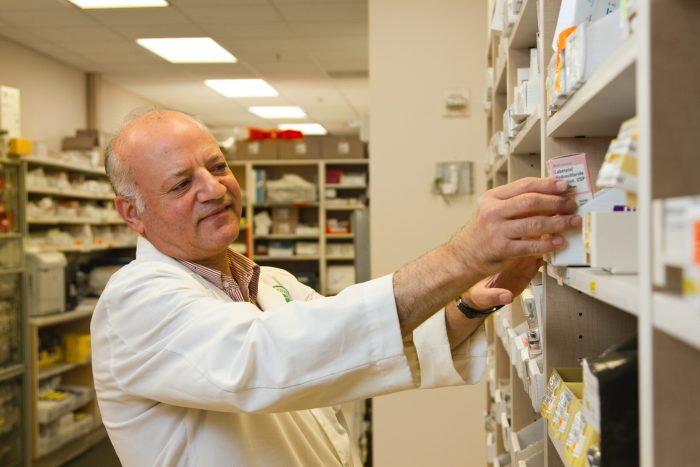Newly qualified Community Pharmacists will usually undertake a 1 or 2 year ‘post-qualifying’ training programme covering core aspects of community pharmacy work. Larger companies such as Boots, Lloyds, the supermarket chains and Primary Care providers are likely to offer a structured programme for up to 2 years. For smaller companies and independents, the post-qualifying training tends to be online via providers such as the CPPE (Centre for Pharmacy Postgraduate Education).
A recent trend is towards the independent prescribing of medicines by Pharmacists. Level 7 Independent Prescribing courses are available which will mean some medicines will be able to be prescribed without the need for patients to access a local GP first.
In community pharmacies, progression is available into management of staff including Pharmacy Assistants and Pharmacy Technicians. In larger companies, progression can be into Branch or Regional Management, although the latter will likely take you away from the clinical role of a Pharmacist. These larger employers are also able to offer moves into non-clinical roles such as business development or staff training.
Increasingly, pharmacists are working in GP practices and health centres as part of Primary Care Networks. This has expanded the number of settings in which we see pharmacists. This means that there are more options for sideways progression e.g., a move from a small high street pharmacy to a large supermarket chain, or moving from a hospital to a community health centre.
With lots of experience and access to significant funds, it is possible to buy your own community pharmacy and even open multiple branches in the future.
It’s also possible to move into careers in scientific writing, research, publishing and consultancy, including recruitment and training. Complementary medicine and animal medicine are other options.


